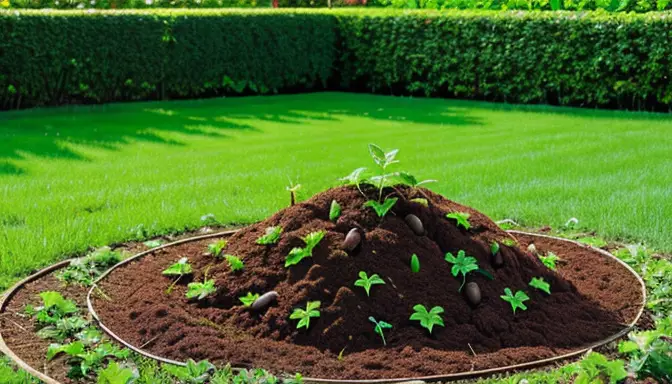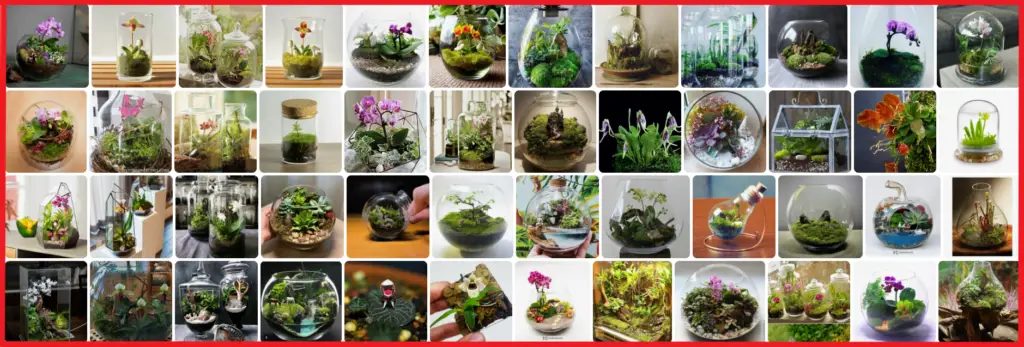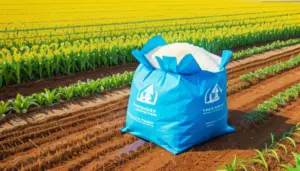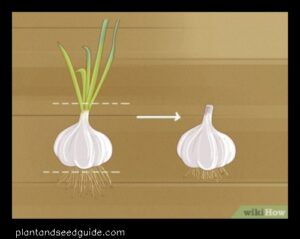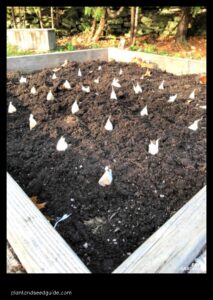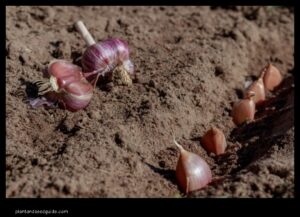Are you ready to dive into the surprising world of rabbit poop fertilizer? Let’s explore how these humble droppings can pack a powerful punch when it comes to nourishing your plants and soil. Imagine a natural explosion of nutrients waiting to unleash their potential in your garden. With rabbit poop fertilizer, you’re not just feeding your plants; you’re nurturing a thriving ecosystem right beneath your feet.
- Discover the nutrient-rich composition of rabbit droppings, including nitrogen, phosphorus, potassium, and essential micronutrients.
- Learn effective techniques for using rabbit poop as fertilizer, from composting to creating liquid fertilizers for maximum plant growth.
- Uncover how rabbit poop improves soil health by enhancing structure, boosting microbial activity, and increasing water retention.
Embrace the eco-friendly benefits of rabbit poop fertilizer, from reducing chemical inputs to supporting sustainable agriculture practices. It’s a natural choice that not only benefits your plants but also the environment. So, are you ready to harness the explosive benefits of rabbit poop fertilizer in your garden?
Nutrient Composition of Rabbit Poop
Rabbit poop, also known as bunny berries, is a powerhouse of nutrients that can significantly benefit plant growth and soil health.
These nutrients are readily available to plants, promoting healthy growth and robust development.The composition of rabbit droppings is rich in essential elements such as nitrogen, phosphorus, potassium, and micronutrients, making it a valuable organic fertilizer for gardens and agricultural crops..
Here are the key nutrients found in rabbit poop:
- Nitrogen: Essential for leafy green growth and overall plant vigor.
- Phosphorus: Promotes root development and flowering in plants.
- Potassium: Enhances disease resistance and fruit quality.
- Micronutrients: Including calcium, magnesium, and zinc, crucial for various plant functions.
When these nutrients are released into the soil through the decomposition of rabbit droppings, they create a fertile environment for plants to thrive, ensuring optimal nutrient uptake and improved crop yields. Harnessing the power of rabbit poop fertilizer can transform your gardening experience and contribute to sustainable agricultural practices.
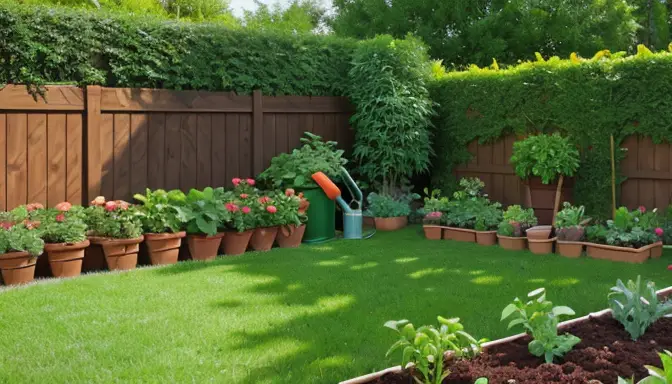
Application Techniques for Garden Use
When it comes to utilizing rabbit poop as a fertilizer in your garden, there are several effective application techniques to consider.
This process helps in breaking down the poop and releasing its beneficial nutrients slowly into the soil.One popular method is composting, where you can mix rabbit droppings with other organic materials to create nutrient-rich soil amendment..
Another technique is the direct application of rabbit poop onto the garden soil. By spreading a thin layer of rabbit droppings around plants, you can provide them with a natural source of nitrogen, phosphorus, and potassium, promoting healthy growth and strong root development.
For those looking for a more convenient option, making liquid fertilizers from rabbit poop is a great choice. By steeping rabbit droppings in water and allowing the mixture to ferment, you can create a potent liquid fertilizer that can be easily sprayed onto plants for quick absorption of nutrients.
Benefits for Soil Health
When it comes to the benefits of rabbit poop fertilizer for soil health, the advantages are truly remarkable. Rabbit droppings are not only rich in essential nutrients but also contribute to enhancing the overall quality of the soil in various ways.
Here are some key benefits of using rabbit poop fertilizer for soil health:
- Improvement in Soil Structure: The organic matter present in rabbit droppings helps to improve soil structure, making it more conducive to root growth and nutrient absorption by plants.
- Enhanced Microbial Activity: Rabbit poop fertilizer promotes the growth of beneficial soil microorganisms, which play a crucial role in breaking down organic matter and releasing nutrients for plant uptake.
- Increased Water Retention: The organic content in rabbit droppings aids in improving soil water retention capacity, reducing the risk of water runoff and ensuring better hydration for plants.
- Promotion of Overall Soil Health: By providing a balanced blend of nutrients and fostering a healthy soil ecosystem, rabbit poop fertilizer contributes to long-term soil health and sustainability.
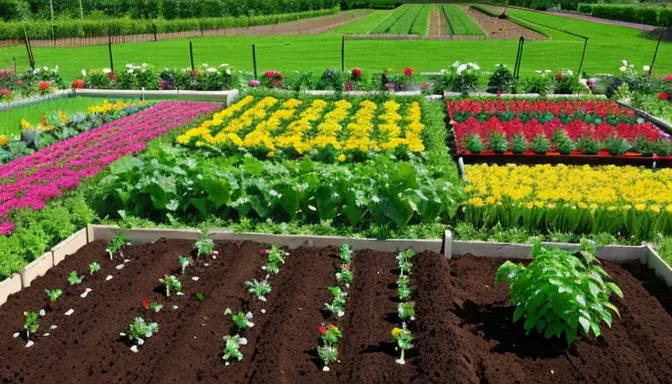
Environmental Sustainability of Rabbit Poop Fertilizer
When it comes to the environmental sustainability of rabbit poop fertilizer, it’s essential to highlight the numerous eco-friendly benefits that come with using this natural resource. Let’s delve into why rabbit droppings are not only beneficial for plant growth but also for the overall health of the environment.
Here are some key points to consider:
- Reducing chemical inputs: Rabbit poop fertilizer is a natural alternative to synthetic fertilizers, reducing the need for harmful chemicals that can pollute the soil and water sources.
- Minimizing waste: By utilizing rabbit droppings as fertilizer, we are effectively recycling organic matter that would otherwise go to waste, promoting a sustainable cycle of nutrient replenishment.
- Supporting organic farming practices: The use of rabbit poop aligns with organic farming principles, promoting the health of the soil, plants, and surrounding ecosystem without relying on artificial additives.
By incorporating rabbit poop fertilizer into agricultural practices, we not only enhance plant growth but also contribute to a more sustainable and environmentally conscious approach to farming and gardening.
Comparative Analysis with Synthetic Fertilizers
When comparing rabbit poop fertilizer with synthetic fertilizers, several key factors come into play. Let’s delve into the comparative analysis to understand the strengths and weaknesses of each option:
- Cost-Effectiveness: Rabbit poop fertilizer is often more cost-effective than synthetic alternatives, as it can be sourced locally and is a sustainable, renewable resource.
- Long-Term Soil Health: Unlike synthetic fertilizers that may degrade soil quality over time, rabbit poop fertilizer enhances soil fertility and structure, promoting long-term sustainability.
- Environmental Impact: Using rabbit droppings as fertilizer reduces the reliance on chemical inputs, minimizes environmental pollution, and supports eco-friendly farming practices.
By considering these aspects, it becomes evident that rabbit poop fertilizer offers a holistic approach to plant nutrition, soil health, and environmental sustainability when compared to synthetic fertilizers.
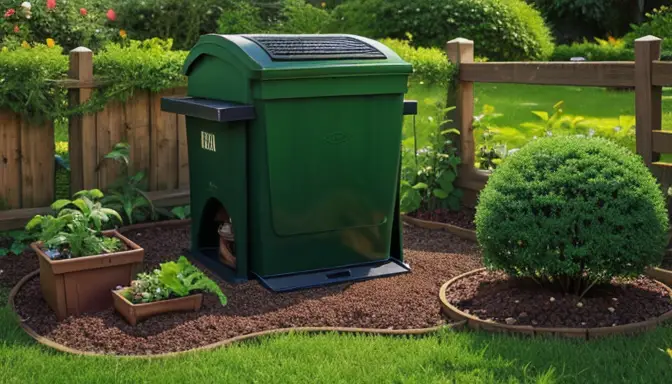
Precautions and Best Practices
When handling and applying rabbit poop fertilizer, it is essential to follow certain precautions and best practices to ensure safety, prevent contamination, and maximize its benefits for plant growth. Here are some guidelines to consider:
- Wear gloves and a mask when handling rabbit droppings to avoid direct contact and inhalation of particles.
- Store the fertilizer in a dry, well-ventilated area away from children and pets to prevent accidental ingestion.
- Compost the rabbit poop before using it in the garden to reduce the risk of pathogens and allow for better nutrient absorption by plants.
- Avoid applying fresh rabbit droppings directly to plants, as they can be too strong and may burn the roots.
- Monitor the soil pH levels regularly when using rabbit poop fertilizer to prevent over-fertilization and imbalance in nutrient levels.
- Water the plants thoroughly after applying the fertilizer to help nutrients penetrate the soil and promote healthy growth.
- Rotate the use of rabbit poop fertilizer with other organic fertilizers to maintain a diverse range of nutrients in the soil.
Case Studies and Success Stories
When it comes to showcasing the real impact of rabbit poop fertilizer in agriculture, nothing speaks louder than . Let’s delve into some inspiring examples of individuals who have harnessed the power of this eco-friendly fertilizer:
- Farmer John: By incorporating rabbit poop fertilizer into his crop rotation, Farmer John saw a remarkable increase in soil fertility and crop yield. His tomatoes were plumper, his corn taller, and his overall farm productivity soared.
- Gardener Sarah: Sarah, a passionate gardener, transformed her backyard into a lush oasis using rabbit poop fertilizer. Her flowers bloomed vibrantly, her vegetables thrived, and her garden became a haven for pollinators.
- Agriculturalist Mike: Mike, an advocate for sustainable farming practices, implemented rabbit poop fertilizer in his large-scale operations. Not only did he reduce his reliance on synthetic chemicals, but he also witnessed a significant improvement in soil health and plant resilience.
These success stories serve as a testament to the effectiveness of rabbit poop fertilizer in achieving high yields, healthy crops, and sustainable farming practices. By following their lead and embracing this natural solution, farmers, gardeners, and agriculturalists can pave the way for a greener, more prosperous future.
Frequently Asked Questions
- Can rabbit poop be used directly as fertilizer in gardens?
Yes, rabbit poop can be used directly in gardens as a natural fertilizer. However, it is recommended to compost the droppings first to avoid burning plants due to high nitrogen levels.
- Is rabbit poop fertilizer safe to use around children and pets?
Yes, rabbit poop fertilizer is safe to use around children and pets once it has been properly composted and applied according to guidelines. It poses no harm if handled correctly.
- How often should rabbit poop fertilizer be applied to plants?
Rabbit poop fertilizer can be applied every few months or as needed, depending on the specific needs of the plants. It is essential to monitor plant growth and adjust the frequency accordingly.
- Wild Rose Country: Exploring Untamed Beauty - July 15, 2024
- Wildflower Nursery Decor: Bringing Nature Indoors - July 15, 2024
- Young Sprout of Grass: Nurturing New Life - July 15, 2024
